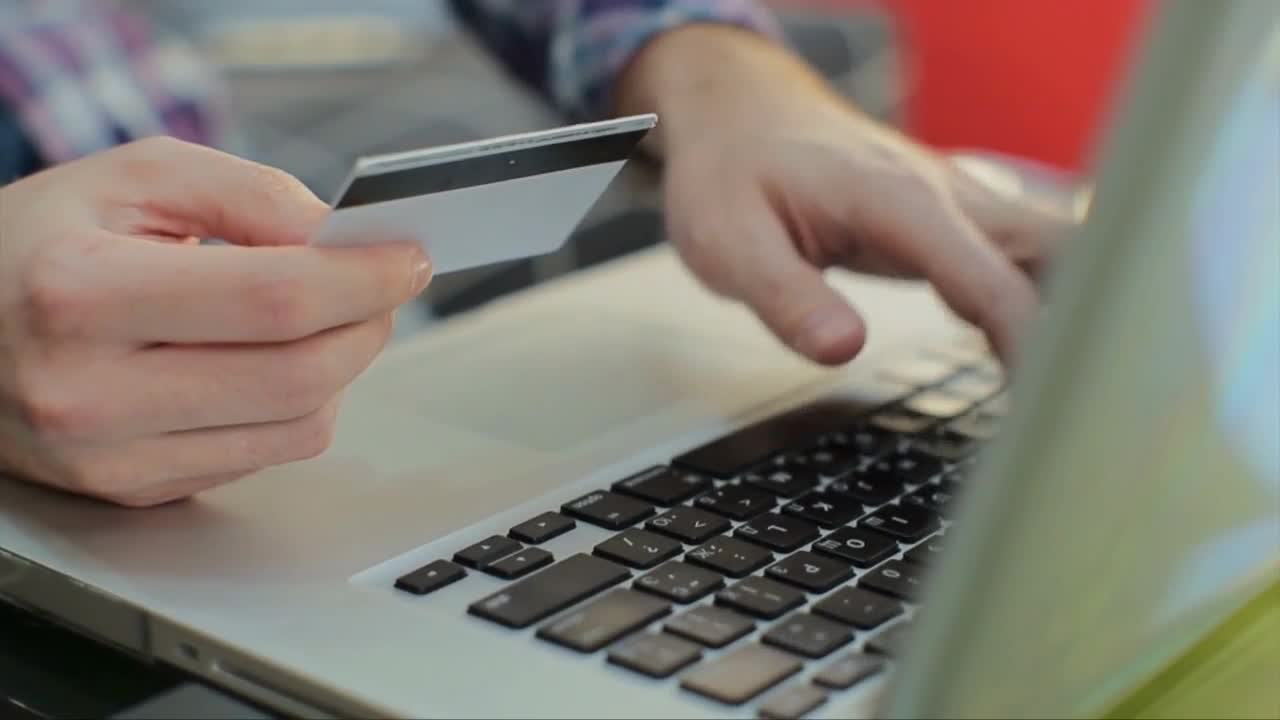LAFAYETTE, La. (KATC) — For many college students, opening a credit card can feel like a step toward financial independence — a passport to adulthood filled with rewards points, airline miles and cash-back bonuses. But experts warn: credit cards are not without risks.
As students across Louisiana return to campus, conversations around money management are becoming just as important as textbooks and class schedules. Financial experts and students alike are weighing in on the benefits — and the pitfalls — of swiping now and paying later.
“When used responsibly, a credit card can be more than just a way to pay for coffee and textbooks,” said Nic Simon, income partner at Darnall, Sikes & Frederick. “It can help establish credit history — which is vital for future financial decisions like leasing an apartment or applying for a car loan.”
For some students, that head start is already paying off.
“I got my first credit card in my name last month,” said Josemiguel Martinez, a sophomore at the University of Louisiana at Lafayette. “I use it like I would cash, but pay it off immediately. It’s helped boost my credit score a lot.”
Building credit early can also instill long-term budgeting habits, particularly for students managing expenses independently for the first time.
But not everyone is ready to take the plunge.
“Eventually I’ll have to get a credit card, or maybe a debit card, because those sound better,” said Autumn Istre, a UL Lafayette freshman. “I’d rather not be stressed about monthly payments right now.”
While credit cards can act as a safety net in emergencies or offer rewards for everyday purchases, they also come with risks — especially for students still learning the ropes of budgeting.
“A missed payment can hurt your credit score and lead to late fees,” Simon said. “And if you're already managing student loans, adding credit card debt on top of that can become overwhelming.”
Experts also warn that introductory offers — like 0% interest for the first year — may be appealing, but they don’t last forever. Once those promotional periods end, students could face high interest rates, making even small purchases harder to pay off. A good tip from experts for out-of-state students and their families: consider a credit union, especially if your bank isn't local to where you go to school. They typically offer better rates, lower fees, and added security.
Still, for students considering their first card, the key is understanding the responsibility that comes with it.
“Start building credit early, but treat it like a tool, not free money,” Simon advised. “Start with just one card, spend wisely, and always make payments on time.”





